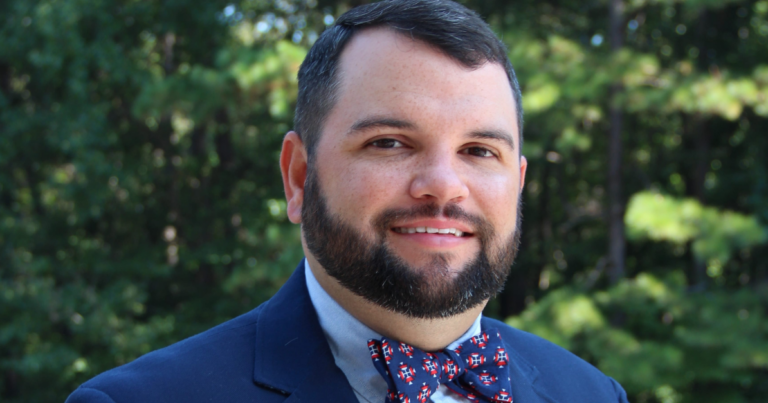Another long-Covid idea, itching to stay awake, the tonsil-arthritis connection, and more
18 Oct 2023
Posted by Andrew Kantor
Itchy, Scratchy, and bad sleep

Got patients with skin conditions? You might ask them how they’re sleeping. A new study found that itching and burning didn’t just keep people from falling asleep, it also reduced the quality of that sleep.
‘[P]atients with skin disease experienced a feeling of fatigue more often upon waking up; periods of drowsiness during the day; tingling sensations in the eyes; and repeated yawning.’
So they might not realize the connection between being tired the next day and the fact that their skin condition is affecting them while they sleep.
Nature abhors a marketing vacuum
After Fortunato Purdue Pharma got into the crosshairs of states and the federal government, it made the smart choice to dial back the marketing of OxyContin. But its competitors might have gotten the wrong lesson. Instead of trying to lay low, they increased the marketing of their own opioids.
“Unfortunately, I think, rather than serve as a warning to the rest of the industry, this lawsuit created an opportunity for competitors by weakening Purdue’s marketing grasp over its lucrative OxyContin prescribers.”
High-five to Hamrick!
The NCPA Foundation named GPhA’s own Jonathan Hamrick its 2023 Outstanding Faculty Liaison of the Year. Congrats, Jonathan!

We could’ve run the pic of him dancing at convention, but ….
Painting a target on tumors (with bacteria)
CAR-T cells are pretty good at finding leukemia or lymphoma cancer cells, but when it comes to solid tumors they get lost. So Columbia U biologist engineered a bacteria that would find the cancer and “paint solid tumors with a synthetic marker that the CAR-T cells can recognize.” (That synthetic marker is a antigen, making this “the first example of pairing engineered T cells with engineered bacteria to deliver synthetic antigens safely.”)
Next up, hopefully, are clinical trials.
The latest long-Covid explanation
This time it’s scientists at UPenn weighing in, and their hypothesis is that long Covid is caused by [spins wheel] low serotonin levels.
[S]erotonin reduction is triggered by remnants of the virus lingering in the gut. Depleted serotonin could especially explain memory problems and some neurological and cognitive symptoms of long Covid, they say.
Even better, they think this could be the Grand Unifying Theory of long Covid.
…the biological pathway that their research outlines could unite many of the major theories of what causes long Covid: lingering remnants of the virus, inflammation, increased blood clotting and dysfunction of the autonomic nervous system. “All these different hypotheses might be connected through the serotonin pathway.”
So the obvious next step: a clinical trial with Prozac (really).
Siblings, tonsils, and arthritis
Here’s an unexpected connection: If you have older siblings and have had your tonsils removed, you’re at a greater risk for a form of arthritis called ankylosing spondylitis.
In fact, the more older siblings you have, the greater the risk: 18% higher for one older sibling, 34% for two or more. But there’s a good reason: infection.
If you need your tonsils removed, there’s a good chance you’ve been exposed to something nasty. And the more older sibs you have, the more exposure you’ll get to various bugs. So no, getting your tonsils removed isn’t the risk factor. Needing them removed is.
The study found the correlation — infection as a child can mean arthritis as an adult — but haven’t teased out the cause. Yet.
ICYMI
A monkey with a kidney from a genetically engineered pig survived for two years without rejecting the organ.
[T]he researchers edited 69 of the pig’s genes. Three were involved in producing rejection-related molecules and 59 were related to retroviral DNA that became embedded in the pig genome many generations ago. The final seven involved adding human genes that are known to promote healthy organ growth, such as by preventing improper blood clotting.
Not surprisingly, “The researchers suggest that they are on the right track, but more testing is required.”


